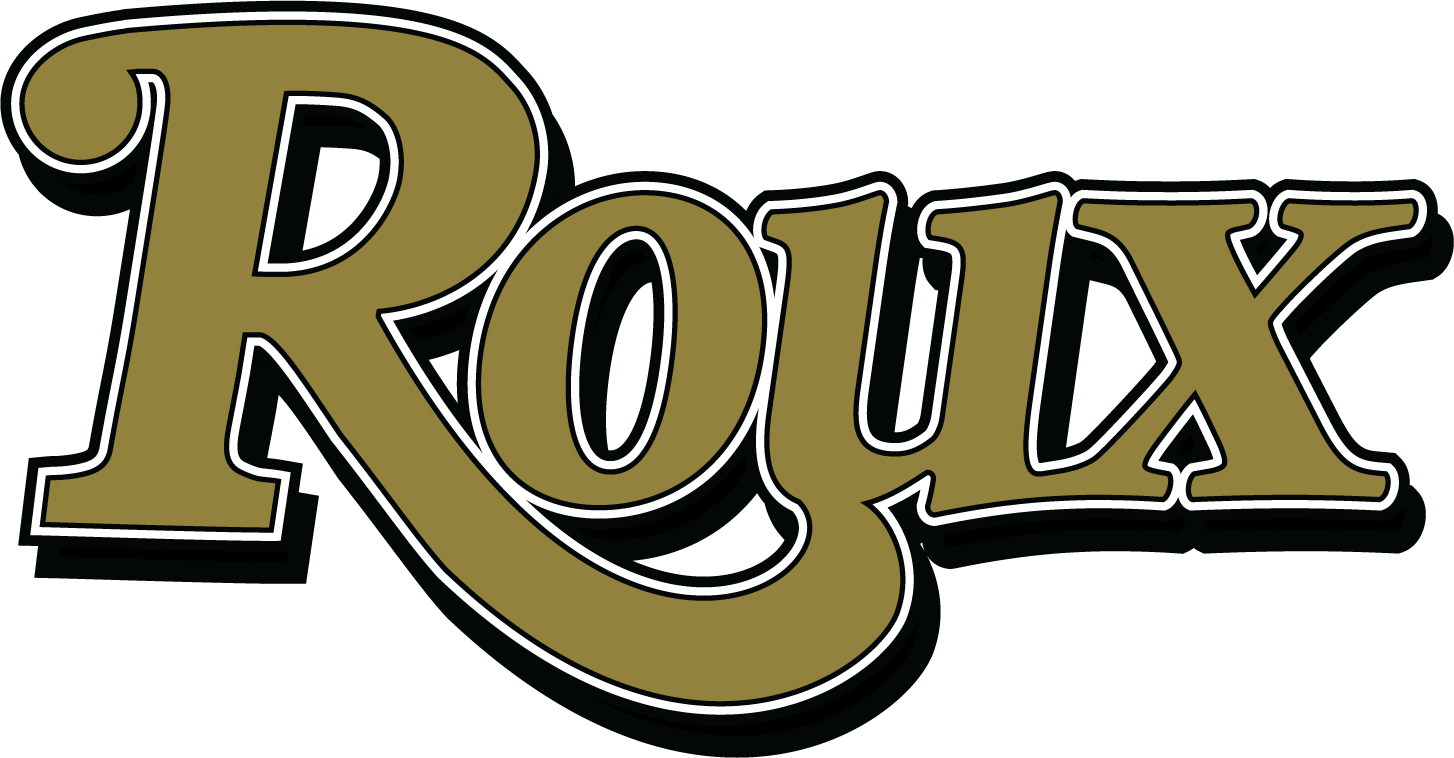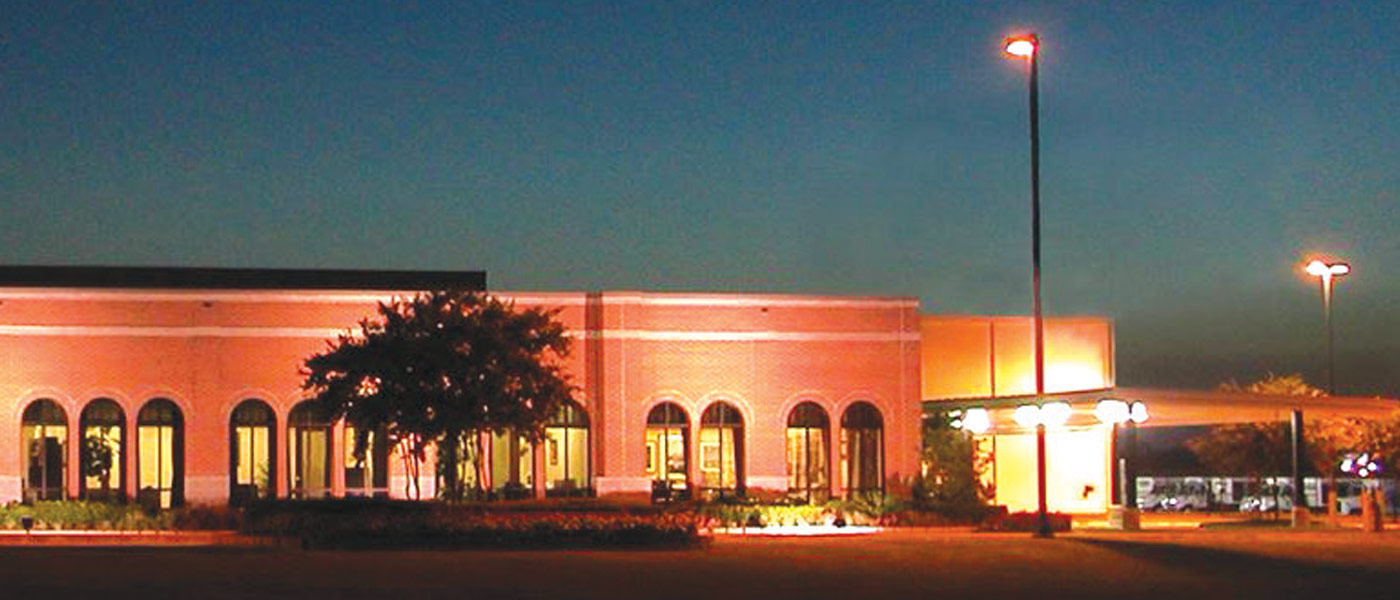I am not selling beer!” And had Herbert Schilling honored that proclamation he made back in 1949, what has since come to pass … might never have happened.
“My father,” begins his son, Herbert Schilling II, “came here from Shreveport in the 1920s. Neither he nor my uncle had the wherewithal to pay to travel, and they actually hopped a train, basically like hobos, to come to Lafayette to play baseball.” “To play baseball.” That doesn’t exactly lend itself to “starting a Budweiser beer distributorship,” now does it?
Schilling did play baseball and even became part owner of the Lafayette White Sox in 1933. But a year before, Schilling made a purchase. “This place you’re sitting on, 2901 Moss Street. And he didn’t buy the land because of I-10 and I-49, like so many do today. You’ve got to remember, there was no interstate system when my father bought the property,” said Schilling. “No, that purchase was about having a place for horses, Tennessee Walking horses, American Saddle horses, Shetland ponies, and even some Angus cattle.” Still, nothing about what would later become an iconic beer distributorship. But hold on — the pieces will soon come together.
“So, my father joins the Navy and goes off to World War II,” continues Herbert Schilling II, “and when he comes back, he’s decided baseball isn’t for him anymore. He starts a Nash car dealership, and the Nash cars failed. He had nothing to do.”Then, Schilling met a gentleman who also had an affinity for horses named Sidney Mouton, who happened to be the state manager for Anheuser-Busch Brewery. Mouton, it turned out, had someone he wanted Schilling to meet.
“August Busch wanted to change the way his beer was being represented in Louisiana by a New Orleans company, and he wanted to go with independent contractors,” says Schilling.
In 1949, he took his railroad car from St. Louis to Baton Rouge, rented the top floor of the Capitol House, and began interviewing people. “Go meet Mr. Busch,” suggested Mouton. “It’s a great company with a great future, and I think you’ll get along.”
That would be an understatement. Schilling made what was then a 4 ½ hour drive from Lafayette to Baton Rouge, and there was an almost instant rapport. The Anheuser-Busch owner and reluctant interviewee talked Clydesdale horses, St. Louis Cardinals baseball (then owned by Anheuser-Busch), farms, and eventually, Schilling was offered a job — one he hesitantly accepted.
“Let me make this clear,” explains Schilling. “As much as he liked Mr. Busch, my father started the company in 1950, not because he was a ‘beer’ man, but because … he had nothing to do.” He started relatively small, with Lafayette and six parishes. But one thing’s for sure: Herbert Schilling was no longer bored. He bought a railroad-access warehouse on Monroe Street off Simcoe, then moved to a larger facility on Stewart Street. Schilling had his work cut out for him. Budweiser, it seems, was not the number one beer in the world.
“We had Jax, Regal, Falstaff, and of course, Schlitz — especially Schlitz to deal with,” recalls Herbert II. “And as I got much more involved in the company in the early 1970s. I wanted nothing more than to kick Schlitz’s ass!”
There were other hurdles to being the best, culturally, as well. Even though his father had been in Acadiana for 20 years at that point, Anheuser-Busch’s flagship beer didn’t immediately catch on around Lafayette.
“And it gets better. We open up January 1, 1950, and about eight months into it, my father calls Sidney and says, ‘People can’t pronounce ‘Budweiser.’ I can’t even get them to say it correctly!’” “And yes, again, my father said, ‘I can’t make a living doing this!’”
But Sidney Mouton worked his magic once more and convinced Schilling to stay the course. For a number of years, Schilling Distributing was linked to railroad distribution, and being close to the tracks was vital to success, to receive the beer.
“One of my first jobs,” recalls Herb II, “was waiting for our guys to take a carload of beer, take these large rollers, and try to roll the beer to where you had room to stack it. A car would come, and I had to make sure it didn’t fall off the curb. I wasn’t big enough to take a whole case, because back then, a case was 48 cans of steel and oh, was it heavy!”
By the late 1960s, the Budweiser–Schlitz battle began to wane. “Schlitz was trying to take over, even separate itself from the pack, but they couldn’t produce enough beer,” says Schilling. “They hadn’t built the breweries or expanded like we had, so instead of being patient and building another brewery, somebody at Schlitz, in their infinite wisdom, came up with a way to change the brewing process — to shorten it from 45 days to seven days. Their board members liked it and said it worked, but there was one thing Schlitz hadn’t counted on.”
“The beer-drinking public noticed the difference and didn’t like the new product a bit,” he adds. “So, Schlitz goes from almost being number one to, 10 years later, being out of business.” “That’s what greed gets you.”
Schilling Distributing never looked back, moving from a third location on Refinery Street (the current United Way of Acadiana complex near the Evangeline Thruway) and then, in 2003, setting up shop with a 152,350 square-foot complex on that Moss Street farming property Herbert, Sr., had purchased those many years ago.
“My father died in 1981, so he never got to see us make this move,” says Schilling. “But with the move, from relying on trains to building a fleet of trucks, this was the right thing to do. And we couldn’t be happier.” There are no regrets either, he says. “No company is perfect, and I look at every little stumble as a learning opportunity. We take it, we look at it, we try not to repeat what went wrong, and those moments have helped us move forward.”
There’s been another development over the years, as the third generation of Schillings has gotten more involved. “I think that for a father and child to have a good business relationship, you’ve got to keep the ‘father-and-child’ thing there,” smiles Herbert, Jr.’s son Buddy, now the company’s president. “But once you get here, it’s business. Dad and I both realize that, and I think that’s the biggest key to our ongoing success over the years.”
71 years in business. 140 employees with a collective 1,600 years of service at Schilling Distributing. “Buddy will do fine, and I’m sure he’ll handle what has to be done with sales, growth and acquisitions,” concludes Herbert II. “Management communicates, exchanges ideas, and we’re ready for what comes next.”
“And being able to have seen all of this develop, from that first building to where we are now, that makes our success, right here in the place I call home, extra-special.”

